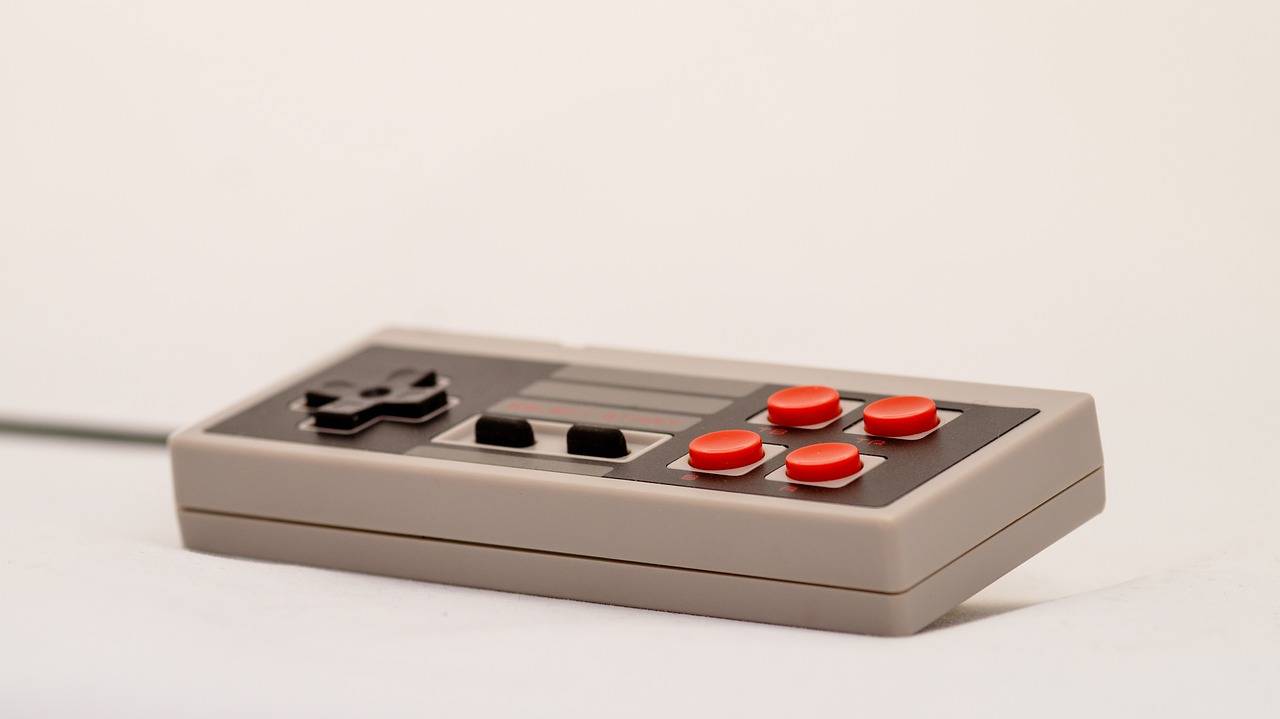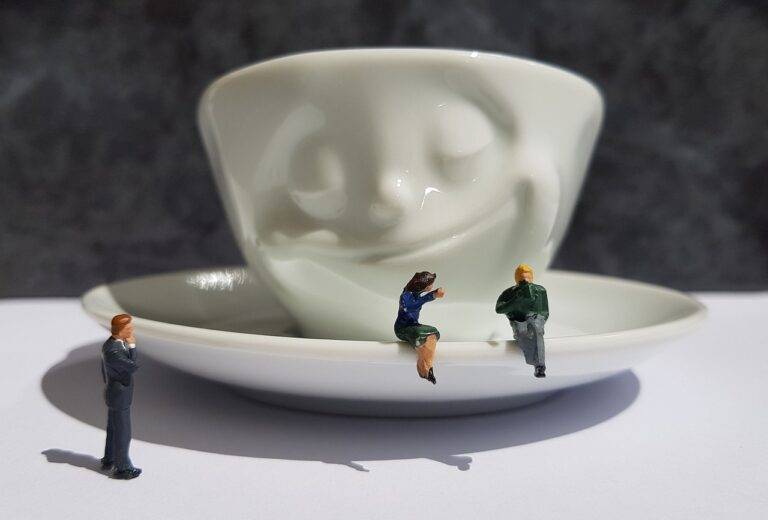The Role of Gender and Diversity in Award Show Representation
Award show nominations continue to showcase a concerning trend of gender disparity. In many prestigious award ceremonies, such as the Oscars and the Grammys, male artists are predominantly favored over their female counterparts. This bias is reflected not just in individual categories but also in overall representation, with male artists often outnumbering female artists in total nominations. The systematic underrepresentation of women in award show nominations perpetuates the idea that male achievements are more deserving of recognition, further entrenching gender stereotypes in the entertainment industry.
The impact of gender disparity in award show nominations extends beyond just the nominees themselves. It sends a powerful message to audiences worldwide about whose contributions are valued and acknowledged in the entertainment industry. When female artists are consistently overlooked in favor of male artists, it reinforces the narrative that women are less deserving of recognition and success. This not only affects the artists themselves but also perpetuates a cycle of limited opportunities and visibility for aspiring female talent in the industry.
Underrepresentation of Diversity in Award Show Winners
Award shows are meant to celebrate the talents and achievements of individuals in the entertainment industry. However, there has been a persistent issue of underrepresentation of diversity in the winners of these prestigious awards. The lack of recognition for individuals from various ethnicities, genders, and backgrounds not only diminishes the value of the awards themselves but also perpetuates a narrow standard of success.
Despite efforts to promote diversity and inclusion in recent years, award show winners continue to predominantly reflect a single demographic. This trend not only alienates audiences who do not see themselves represented on stage but also sends a discouraging message to aspiring artists from underrepresented groups. By failing to acknowledge the diverse talent pool within the industry, award shows are missing out on the opportunity to truly honor the richness and breadth of talent that exists in the entertainment world.
Impact of Gender Stereotypes on Award Show Recognition
Gender stereotypes play a significant role in determining recognition at award shows. These stereotypes often shape the way individuals are perceived and evaluated, leading to certain gendered expectations that may hinder fair recognition. For example, women in the entertainment industry are sometimes stereotyped as being less talented or capable than their male counterparts, which can result in their work being overlooked or undervalued by award show panels.
Moreover, gender stereotypes can also impact the types of roles and projects that are considered “award-worthy” by industry insiders. This perpetuates a cycle where women and members of marginalized gender identities are pigeonholed into certain categories or genres, limiting their opportunities for recognition in broader, more prestigious award categories. The influence of these stereotypes underscores the importance of challenging and dismantling biased perceptions within the entertainment industry to ensure a more equitable and inclusive award show landscape.





